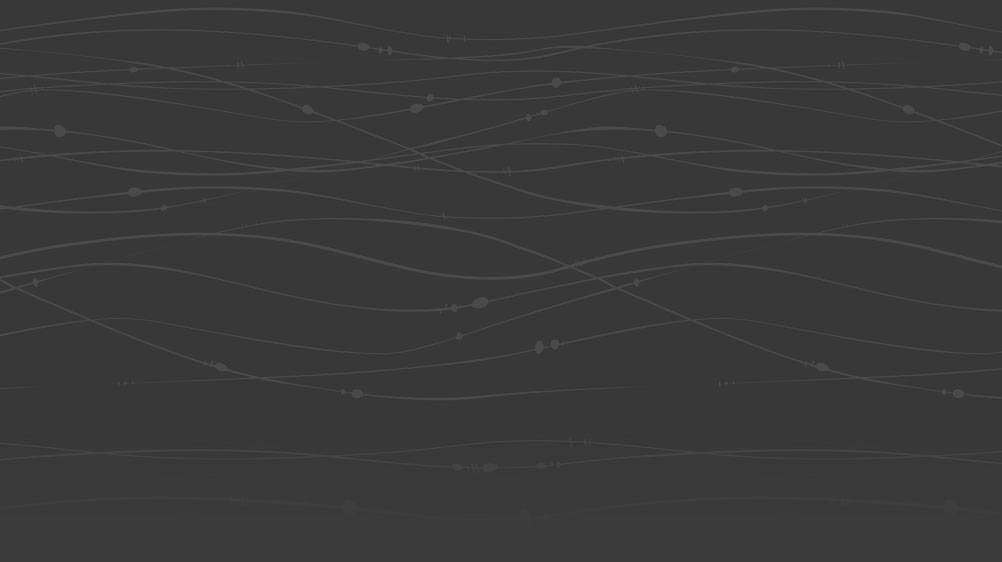

Join the Great Lakes Center for a seminar, "Effects of dreissenids (zebra and quagga mussels) on the Great Lakes ecosystem: A Broad Overview," on Thursday, May 16 from 12:15 p.m. to 1:30 p.m. in Science Building 250. The presenter is Thomas F. Nalepa, Graham Institute, University of Michigan, and Great Lakes Environmental Research Laboratory, NOAA (emeritus).
The introduction and spread of zebra mussels and quagga mussels in the Great Lakes beginning in the late 1980s has led to broad and still-evolving ecological changes. Most physical, chemical, and biological features have been directly or indirectly affected by these invaders, and fundamental aspects of ecosystem form and function have been altered. At least initially, zebra mussels proliferated in nearshore regions, bays, and basins, but quagga mussels have now replaced zebra mussels in most of these shallow areas and more importantly, quagga mussels have expanded into deep, offshore areas where zebra mussels were rarely found. Hence, ecological impacts of quagga mussels are now more pervasive and far-reaching than those observed for zebra mussels.
Overall, there are fundamental differences in the way nutrients and energy are cycled in the Great Lakes, with a growing dichotomy between nearshore and offshore regions, and between benthic and pelagic regions. Some specific, notable impacts of dreissenids include: the return of toxic cyanophyte blooms to some areas (Microcystis), proliferation of nuisance macroalgae (Cladophora), loss/decline of native species (Unionidae, Mysis, and Diporeia), and decreases in offshore populations of preyfish. These changes pose complex challenges to lake managers. For instance, model-based decisions on nutrient abatement programs and fish stocking goals must be based on new, dreissenid-induced paradigms. Since populations of dreissenids are still in the state of flux in many areas of the Great Lakes, the close integration of long-term monitoring and adaptive management strategies is critical.
Faculty, staff, and students are welcome. Light refreshments will be served.
Some content on this page is saved in PDF format. To view these files, download Adobe Acrobat Reader free. If you are having trouble reading a document, request an accessible copy of the PDF or Word Document.
